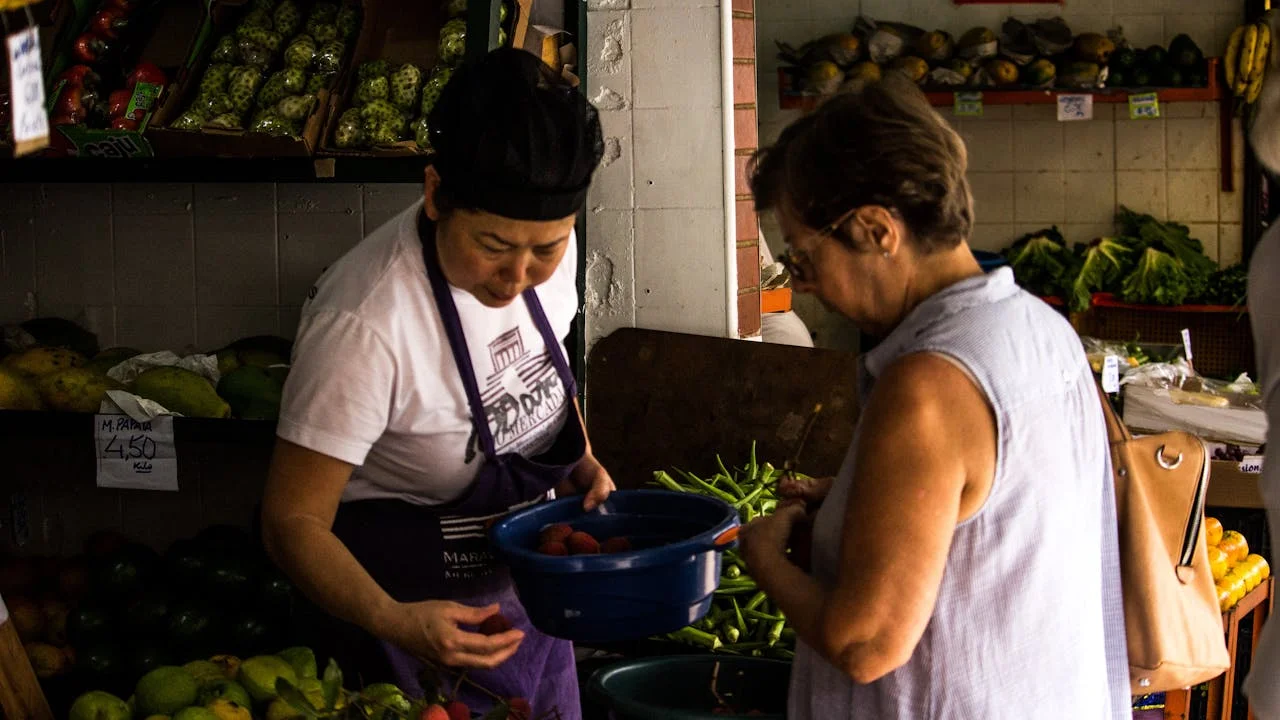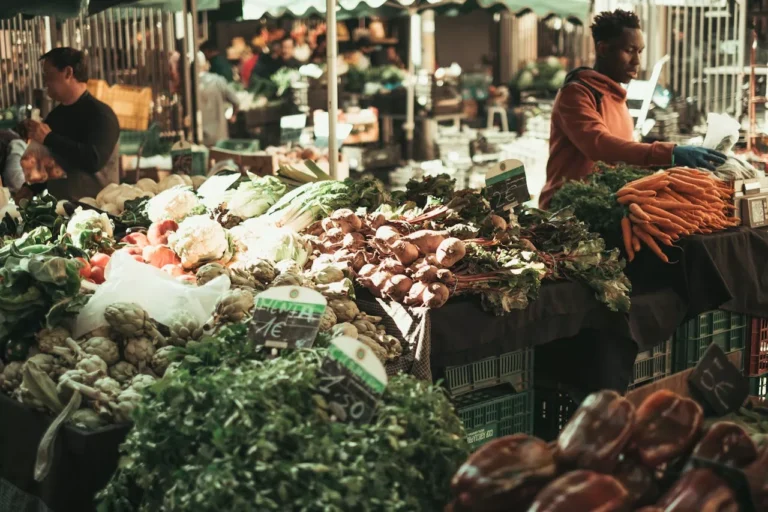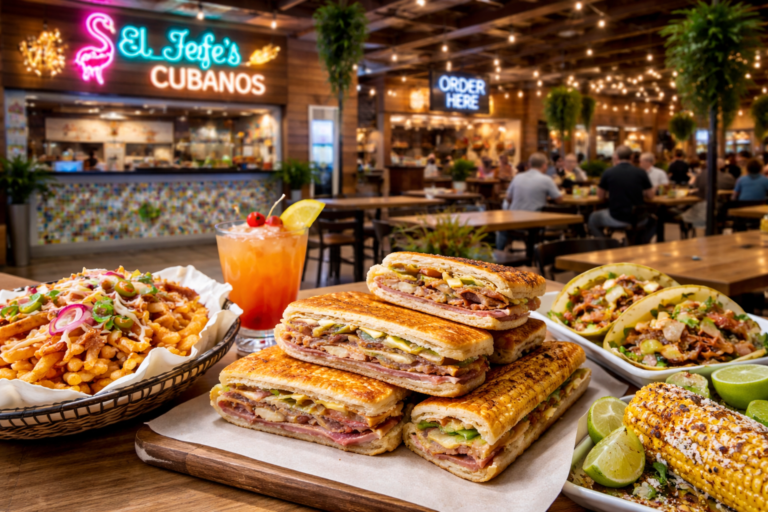
Golden Agri-Resources Ltd (GAR) demonstrated resilience in the first quarter of 2024 despite facing weaker crude palm oil (CPO) prices. The average CPO price fell by eight percent year-on-year, from US$990 per tonne in Q1 2023 to US$910 per tonne in Q1 2024. However, increased sales volume helped GAR achieve a year-on-year revenue increase to US$2.56 billion.
GAR’s EBITDA for the quarter was US$231 million, maintaining a margin above nine percent. Underlying profit and net profit were lower, at US$79 million and US$37 million, respectively. The declines were attributed to reduced plantation output, foreign exchange losses, higher interest expenses, and seasonal administrative costs.
Despite these challenges, GAR’s financial position remains strong with a gearing ratio of 0.56 and a net debt to EBITDA ratio of 0.28.
GAR Chairman and CEO, Mr. Franky O. Widjaja, noted that palm oil availability was limited in Q1 2024 due to low seasonal yields and the impact of the El Niño phenomenon. Although supply constraints are expected to ease, growth prospects remain limited amid geopolitical tensions and climate fluctuations, which could support CPO prices throughout the year.
As of 31 March 2024, GAR’s planted area was approximately 532,000 hectares, with 494,000 hectares being mature. The area consists of 417,000 hectares of nucleus estates and 115,000 hectares of plasma estates. Fruit yield declined by six percent year-on-year due to El Niño and estate replanting preparations, but increased third-party fruit purchases mitigated the palm product output decrease to four percent, totaling 590,000 tonnes.
GAR’s downstream business saw a ten percent increase in sales volume year-on-year, driven by refined palm derivative products. The company continues to focus on enhancing product value through agri-science innovation, technology, and sustainable production practices. GAR is exploring new growth areas such as alternative biomass products and other sustainability initiatives.
In 2024, GAR began implementing Traceability to the Mill (TTM) for its global palm supply chain, starting with its downstream joint venture in India and working towards mapping Latin American suppliers. In Indonesia, GAR achieved 99 percent Traceability to the Plantation (TTP), supporting sustainable practices and compliance with the No Deforestation, No Peat, and No Exploitation (NDPE) commitments and forthcoming EU Deforestation Regulation (EUDR).
GAR is also working on a comprehensive carbon emissions strategy across Scopes 1-3, aiming for Net Zero by 2050. The strategy focuses on No Deforestation and No Peat commitments, carbon sequestration, methane avoidance and utilization, and renewable energy for heat and power. The decarbonization roadmap is expected to be completed this year.





